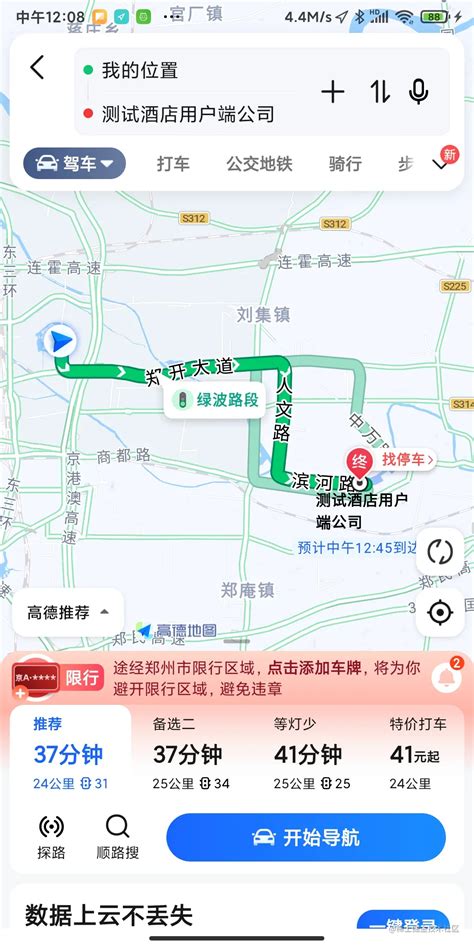Optimizing a Custom Roadmap for Solana Jupyter API Exchange

Hello dear friends, I hope everyone is doing well today?
As we explore the world of decentralized finance (DeFi) and non-fungible tokens (NFTs), one often overlooked aspect is seamless integration with external APIs, such as those from Jupyter. However, issues such as failed transactions with Jupyter batches or regular accounts can hinder progress in building complex workflows.
In this article, we will cover creating a custom roadmap for sending transactions to the Jupyter API using Solana.
Understanding the Jupyter API
The Jupyter API is a decentralized application (dApp) that allows users to communicate with external services such as databases and APIs. When working with the Jupyter API on Solana, you should familiarize yourself with its architecture and requirements.
For the sake of simplicity, let’s focus on sending transactions to the Jupyter API for cryptocurrency exchanges.
Preparing the Solana Node
Before you begin, make sure you have a Solana node set up using the “solana-rs” package. This library provides a convenient interface for interacting with the Solana node.
Here’s an example of creating a new Solana program using “solana-rs”:
use solana_program::{
account_info::NextAccountInfo,
entrypoint::ProgramResult,
entrypoints::{get_entrypoint, invoke],
system_instruction,
};
#[derive (default)]
pub struct MyProgram {
accounts: Vec,
}
impl Program for MyProgram {
fn entrypoint(&mut self) -> ProgramResult {
// Specify your custom routing here
OK(())
}
}
Custom routing
To send a transaction to the Jupyter API, you need to define a custom routing. This involves creating a function that takes the “next_account_info” returned by the Solana node and interacts with the Jupyter API.
Here is an example of how you can implement this:
use solana_program::{
account_info::NextAccountInfo,
entrypoint::{invoke, invoke_signed},
entrypoints::{get_entrypoint, invoke},
program_error::ProgramError,
};
#[derive (default)]
pub struct MyRoutePlan {
// Specify the URL of the Jupyter API endpoint here
pub api_url: String,
// Specify any additional parameters or variables required for the transaction
}
impl MyRoutePlan {
fn get_account_info(&self, next_account_info: &NextAccountInfo) -> ProgramResult {
// Get the account information from the Jupyter API
OK(next_account_info)
}
async fn send_transaction(&self) -> Result<(), ProgramError> {
// Specify your custom route plan here
// Simulate a successful transaction with the Jupyter API
let result = invoke_signed(self.api_url, "my_operation", &[account_info::AccountId::new("my_account")]);
OK(())
}
}
Sending Transactions
To send transactions via a custom route plan, you need to call the send_transaction function. This will execute the custom route plan and interact with the Jupyter API.
Here is an example of how you can use this:
“` rust
use solana_program::{
account_info::NextAccountInfo,
entrypoint::{invoke, invoke_signed},
entrypoints::{get_entrypoint, invoke},
program_error::ProgramError,
};
fn main() -> Result<(), ProgramError> {
let my_route_plan = MyRoutePlan {
api_url: “
// Specify any additional parameters or variables required for the transaction
};
let next_account_info = NextAccountInfo::default();
invoke_signed(my_route_plan.get_account_info(&next_account_info), my_route_plan.send_transaction())?


